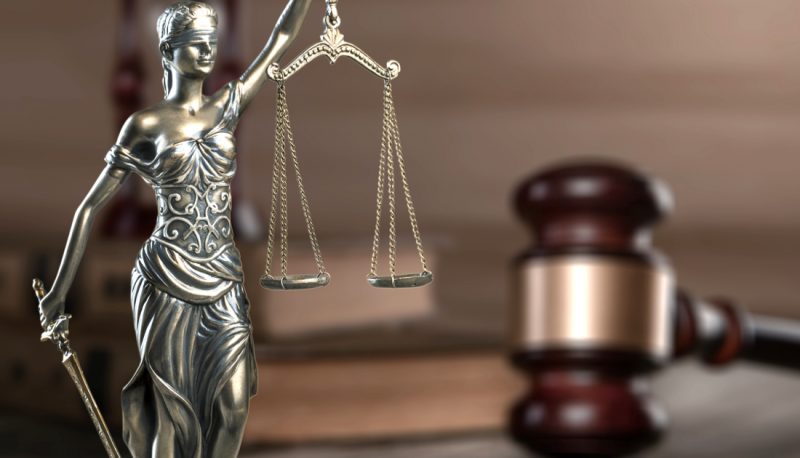“Confirmed Judges, Confirmed Fears” is a blog series documenting the harmful impact of President Trump’s judges on Americans’ rights and liberties. Cases in the series can be found by issue and by judge at this link.
Trump Justices Neil Gorsuch and Brett Kavanaugh cast deciding votes in a 5-3 order to stay a district court decision that allowed Alabama counties to offer curbside voting to disabled and elderly voters, particularly those concerned about COVID-19. The Court’s October 21 2020 decision was in Merrill v. People First of Alabama.
In previous elections, several Alabama counties provided the option to elderly and disabled voters of curbside voting, under which voters drive up to a polling place, remain in their car, fill out ballots and other forms given to them by a poll worker, and return them to the worker, who then physically casts the ballot. Several counties wanted to do so again this year, particularly in light of COVID-19, but Alabama’s Republican Secretary of State ordered counties not to offer curbside voting this year.
Several elderly and disabled voters and an organization filed suit. After a lengthy trial and factual findings, a district judge ordered that counties who want to should be able to offer the option, finding that the ban “imposes a significant burden on vulnerable voters during the Covid-19 pandemic.” The Eleventh Circuit court of appeals declined to block the order, despite a dissent by Trump judge Barbara Lagoa, and the state went to the Supreme Court.
In a 5-3 unsigned order with no opinion, in which Trump justices Kavanaugh and Gorsuch cast crucial votes as part of the majority, the Supreme Court stayed the district court’s decision. The result is effectively to reverse it for the coming election and thus uphold the ban on curbside voting this year.
Justices Elena Kagan and Stephen Breyer joined a strong dissent by Justice Sonia Sotomayor. She pointed out that the Centers for Disease Control and the Justice Department have recommended curbside voting for elderly and disabled voters, particularly during the current pandemic, and that 28 states permit it. The district court’s “modest injunction,” Justice Sotomayor continued, is a “reasonable accommodation” that “respects both the right of voters with disabilities to vote and the state’s interest in orderly elections.”
As a result of the ban on curbside voting now upheld by the Court, however, Sotomayor wrote that if “vulnerable voters” wish to “vote in person, they must wait inside, for as long as it takes, in a crowd of fellow voters whom Alabama does not require to wear face coverings.” Sotomayor concluded her dissent by quoting the testimony in the district court of Howard Porter, Jr., a Black man in his seventies suffering from asthma and Parkinson’s disease:
“‘[S]o many of my [ancestors] even died to vote. And while I don’t mind dying to vote, I think we’re past that – we’re past that time.’”
As a result of the votes by Trump justices Gorsuch and Kavanaugh and the Court’s other right-wing justices, however, we are not past that time in Alabama, and county officials who are “ready and willing to help vulnerable voters like Mr. Porter” will be prohibited from doing so.

